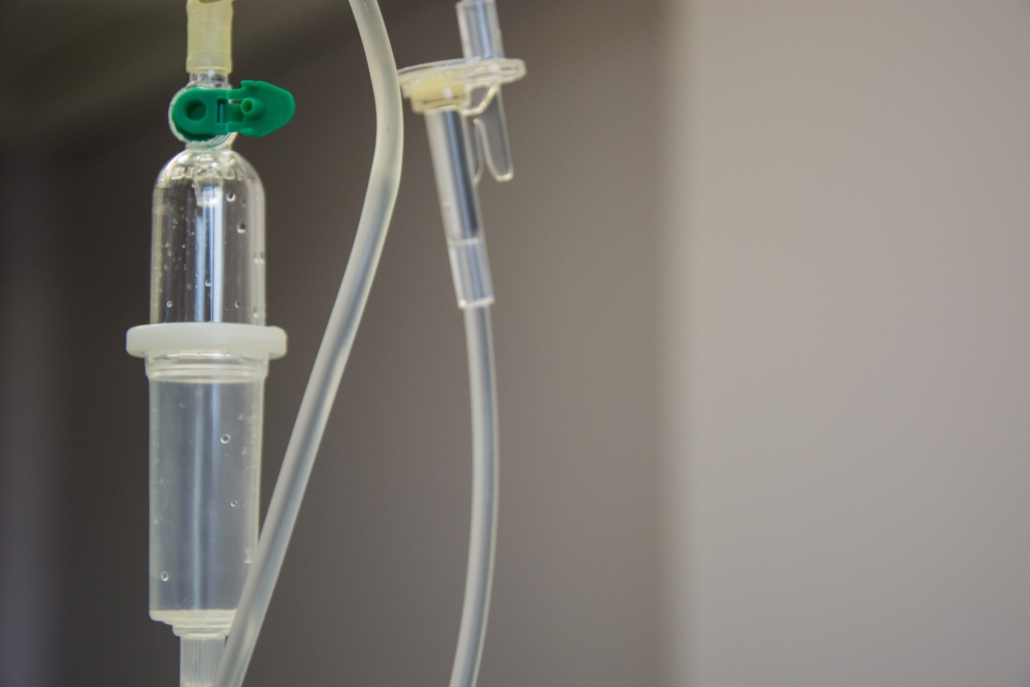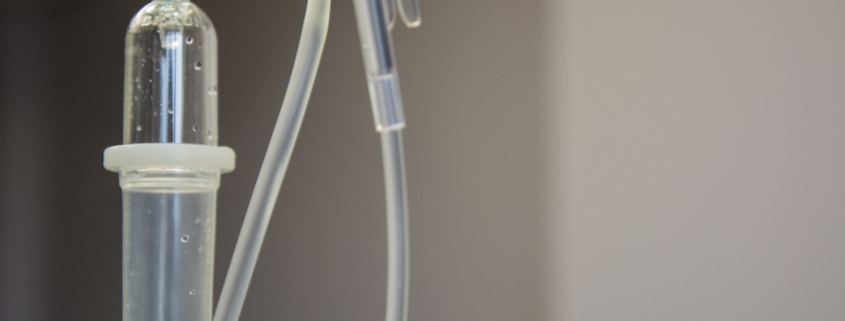New Artificial Wombs Challenge Pro-Choice Ethicists

Photo Credit: Marcelo Leal on Unsplash
The Problem of Premature Birth
Premature birth is a complication involving the birth of a baby before 37 weeks of pregnancy. 1 in 10 babies are born premature, with Black babies facing the greatest risk. Premature births have also risen by 4% in the U.S. from 2020 to 2021 (it is possible that the pandemic influenced this increase).
While initiatives such as March of Dimes aim to decrease the rates of preventable premature birth, it is still a problem that can lead to various health problems in the infant. Also important to note are obstetric emergencies where delivering a child full term would be a risk to the mother’s life and health, and so an induced early delivery may be necessary – even if done so before viability.
A Technological Solution
Enter the artificial womb. It first made headlines in 2017 with the gestation of lambs. In 2023, The MIT Technology Review covered the possibility of artificial wombs gestating humans instead of animals, in their final research trials.
The specific model in question is EXTrauterine Environment for Newborn Development (EXTEND), which uses lab-made amniotic fluid to help the baby “breathe”; tubes are inserted into umbilical cord vessels to transfer nutrients and oxygen.
EXTEND, like other artificial womb models also being developed, are complicated in design due to the numerous mechanisms (some still unknown) involved with pregnancy. As the FDA reviews the process, scientists and activists discuss valid ethical concerns — among them, access to abortion.
Artificial Wombs Force Re-Examination of Abortion Language
Bio-ethicist Vardit Ravitsky speaks candidly with MIT Tech Review about how the use of artificial wombs for micro-premies (babies born before 25 weeks) may complicate law surrounding a woman’s access to abortion around the same gestational age. She asks, “When we say that a woman has the right to terminate, do we mean the right to physically separate from the fetus? Or do we mean the right not to become a biological mother?” (Note: Monica Snyder addresses this talking point here.)
Ravitsky also posits another curveball for abortion laws: “What’s a fetus, what’s a baby, what’s a newborn, what’s birth, what’s viability?”
Previous Pro-Life Commentary on Artificial Wombs and Perinatal Medicine
This concern posited by pro-choice ethicists is nothing new. Leslie Corbly and Alex Hyun responded to pro-choice criticism and logic, respectively, in relation to the first generation of artificial wombs. SPL has also commented in the past on how abortion has negatively impacted perinatal medicine.
Parents are often not told about options for continuing pregnancy after a diagnosis, may have medical care denied to their micro-premie (baby born at 23 weeks or sooner), or have their pregnancy loss minimized. And in cases of obstetric emergencies, such as the Kate Cox case, parents may face the obstacle of risking their health or life should they carry to term, with abortion presented as the only option.
Thanks to the artificial womb, it seems that the problem has flipped on itself and is questioning those who would dehumanize the unborn.
Welcoming Artificial Wombs as Tools for Challenging Conversations
Pro-lifers of all stripes can answer Ravitsky’s questions without trouble. A fetus is an unborn human being developing at and past the 8th week of pregnancy. A newborn is a human being at the stage of neonatal development, from birth to six weeks. Birth is the process by which a human being is born and their developmental stage changes from fetus to neonate, regardless if it is late or soon. Viability is just an arbitrary factor reflecting current medical limitations on how well they can keep that baby (which can be born or unborn) alive.
As for abortion supporters, they are left with the ethical dilemma that begs the question: is abortion meant to merely end a pregnancy, or kill a child?
For the pro-life person, the only dilemma is whether we are able to help our pro-choice neighbors see the humanity of the most helpless among us. Perhaps the artificial womb will aid us in that endeavor.



